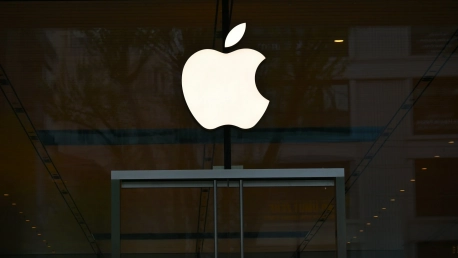Apple has recently made a groundbreaking announcement regarding its policy on emulator apps, specifically centering on the approval of the UTM SE PC emulator for iPhones and iPads. Throughout its history, Apple has maintained strict control over which types of emulators could be distributed through its App Store, primarily allowing only retro gaming console emulators. This latest move is a significant departure from tradition, enabling users to emulate older versions of Windows and MacOS on their modern Apple devices.
A Step Towards Expanding Functional Capabilities
The UTM SE PC emulator app offers a unique opportunity to run classic software and retro PC games, enriching the user experience with the charm and nostalgia of older operating systems. Earlier in the year, Apple revised its App Store guidelines, permitting retro game console emulators while explicitly rejecting PC emulators like UTM SE and iDOS 3, on the grounds that PCs are not classified as consoles. This decision sparked considerable backlash from developers, who argued that PC emulators should also have a place on iOS devices.Following substantial protests from the developer community, UTM SE was eventually granted approval for distribution on the iOS and visionOS App Stores and was also made available on the third-party marketplace AltStore PAL in the European Union. However, despite the approval, the UTM SE app has to operate without the Just-In-Time (JIT) compiler, causing it to perform less efficiently compared to other platforms.
Features and Performance
Despite the performance limitations presented by the absence of JIT, the UTM SE PC emulator brings several valuable features to the table. It enables users to run both software and games designed for older OS environments on Apple devices, including the iPhone, iPad, and Apple’s Vision Pro mixed reality headset. The emulator supports various modes and architectures, such as VGA for graphics and terminal modes for text-only operating systems, and can process x86, PPC, and RISC-V architectures.This development signifies a pivotal shift in Apple’s policy, expanding the functional uses of its devices and offering users a versatile and nostalgia-inducing experience. Though performance constraints exist, the emulator is still capable of delivering a broad range of functionalities that are certain to attract both casual users and tech enthusiasts alike.
Broader Implications for Apple’s Ecosystem
Apple has recently shaken things up by announcing a notable change in its policy regarding emulator apps. Specifically, the tech giant has approved the UTM SE PC emulator for iPhones and iPads. Historically, Apple has been very restrictive about the kinds of emulators allowed on the App Store, typically only permitting those that focus on retro gaming consoles. This new approval marks a significant shift in their approach. Now, users have the capability to emulate not just older gaming systems but also previous versions of Windows and MacOS right on their contemporary Apple devices.This move could potentially open the door to greater flexibility and functionality for Apple users, making the devices even more versatile. The company’s strict control on app distribution has often been cited as a way to ensure security and optimal performance. However, by allowing more extensive emulation options, Apple seems to be acknowledging a growing user interest in broader computing needs. This could not only enhance user experience but also foster innovation in how people interact with their iPhones and iPads.









